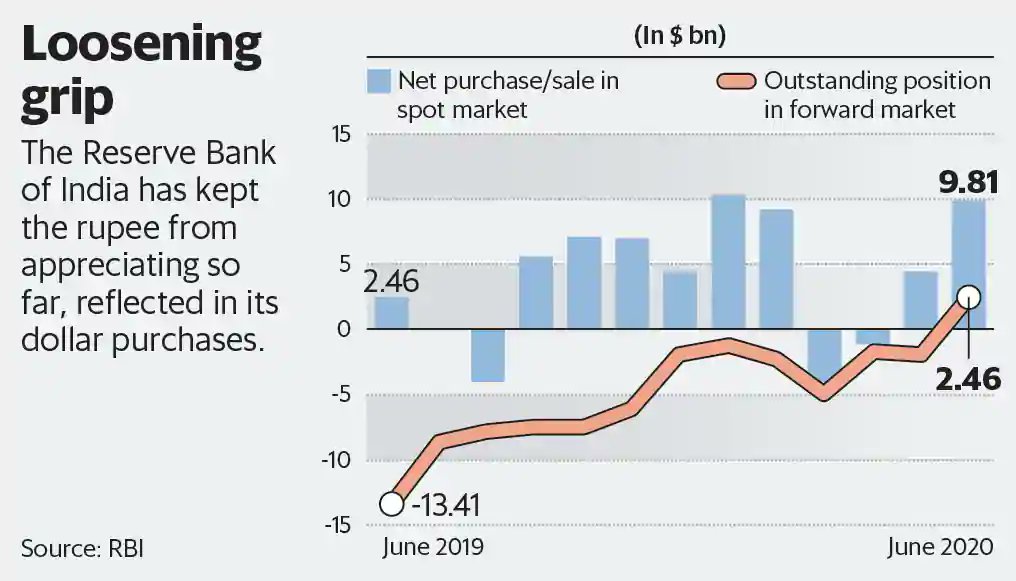https://t.co/d3T5uPwG9N








91 day TBills at 3.03%. Interest rates are even lower than RBI has them.
— Deepak Shenoy (@deepakshenoy) January 6, 2021

Surprised so many smart people bought into the idea that $600/wk UI is the same as $600/wk job guarantee (or better) or that JG jobs must be inherently inessential. I\u2019ve addressed this many times & will post a thread later. Trying not to spend precious family time on Twitter.
— Pavlina R Tcherneva (@ptcherneva) December 29, 2020